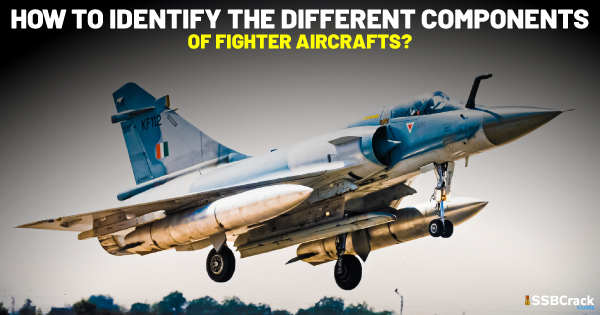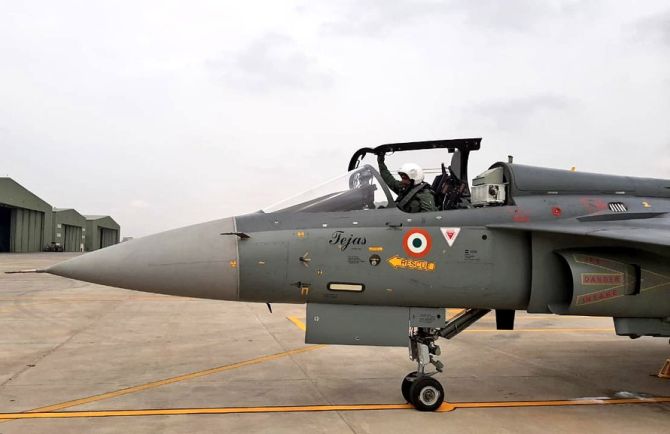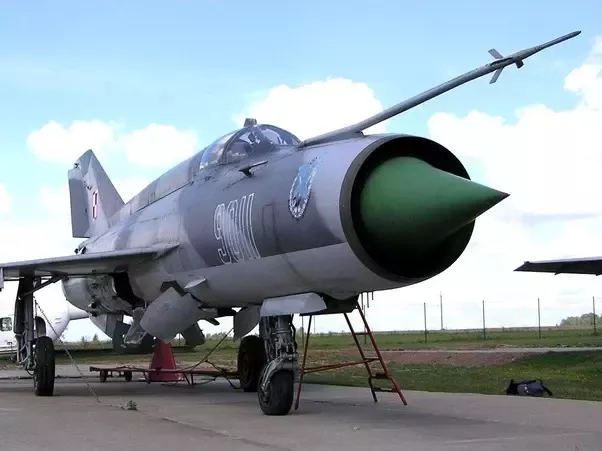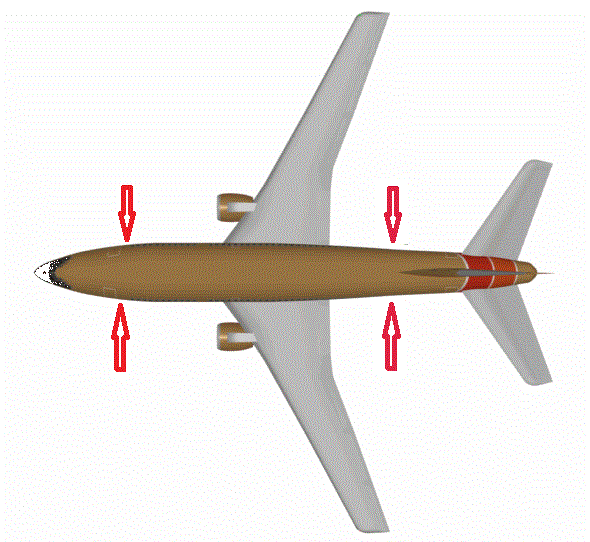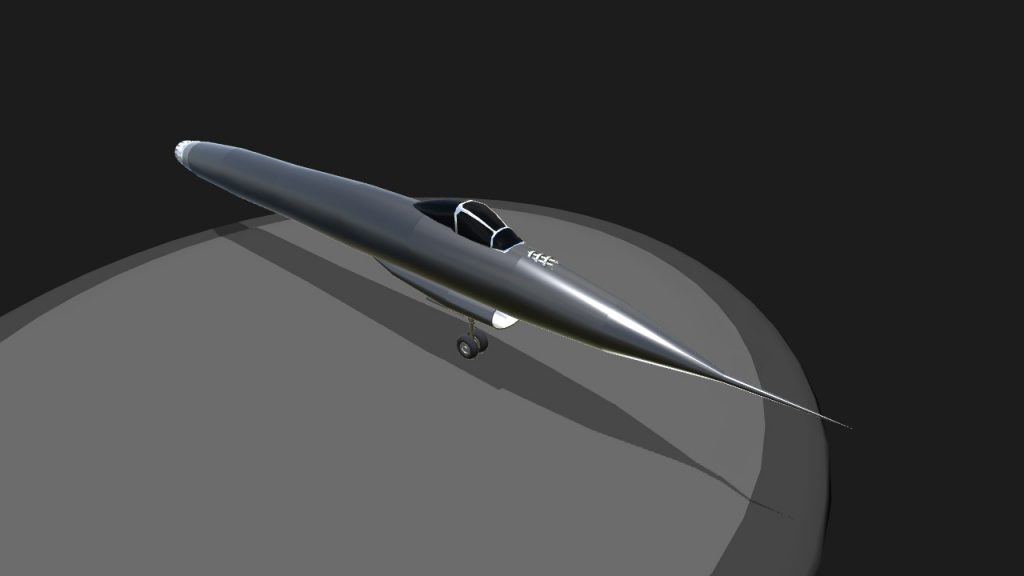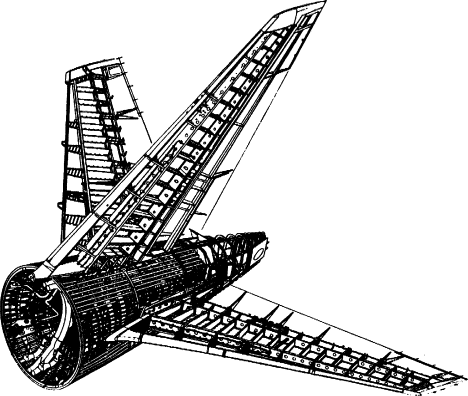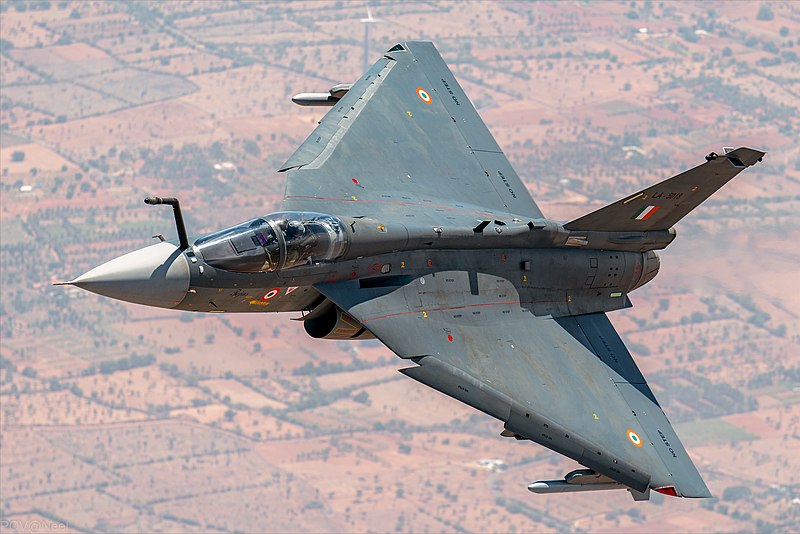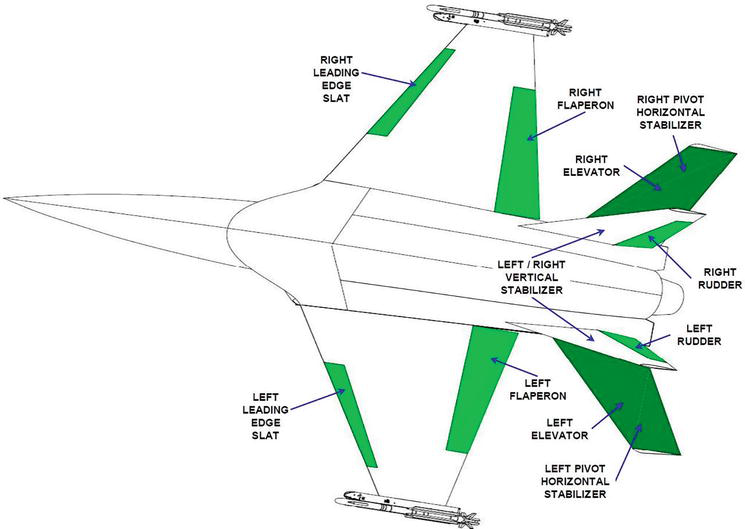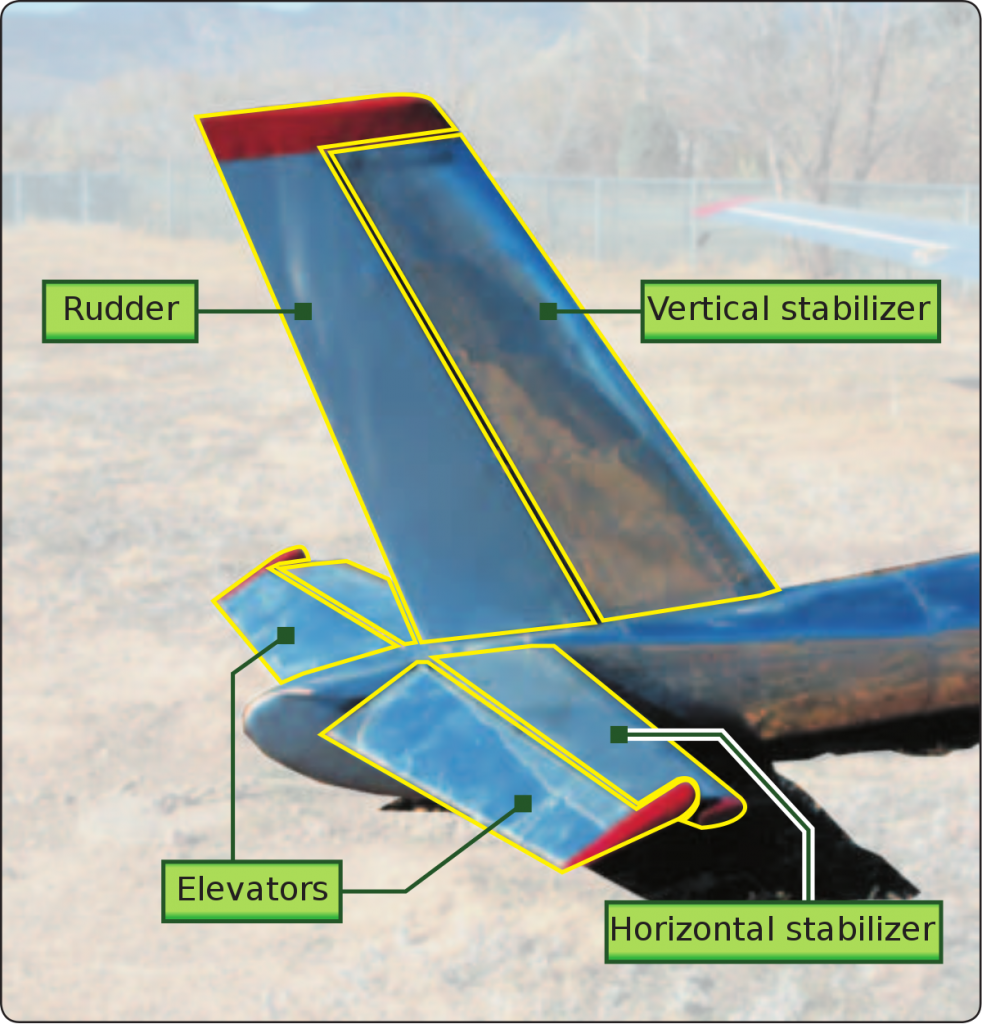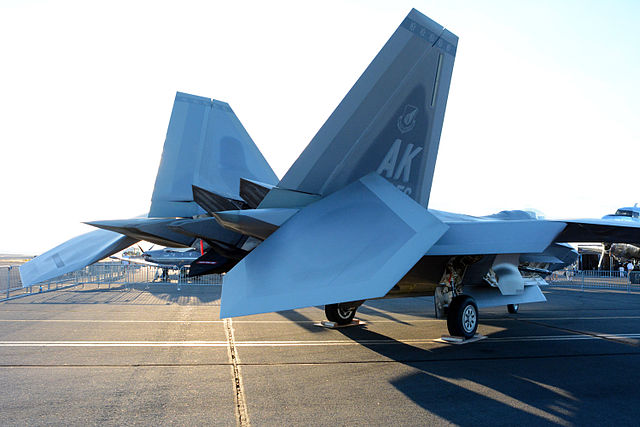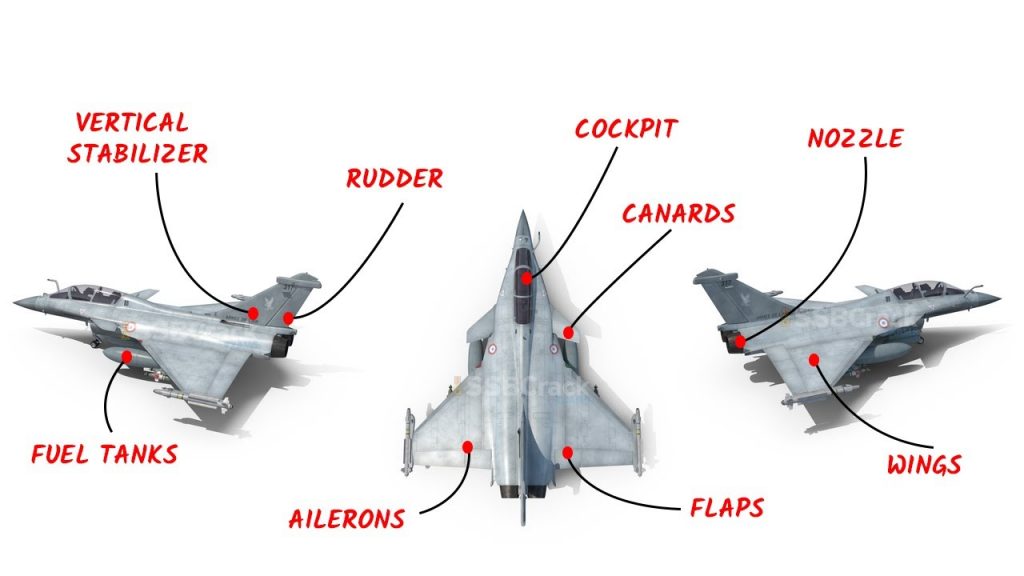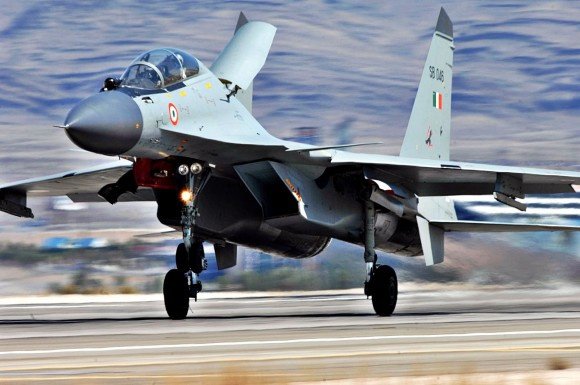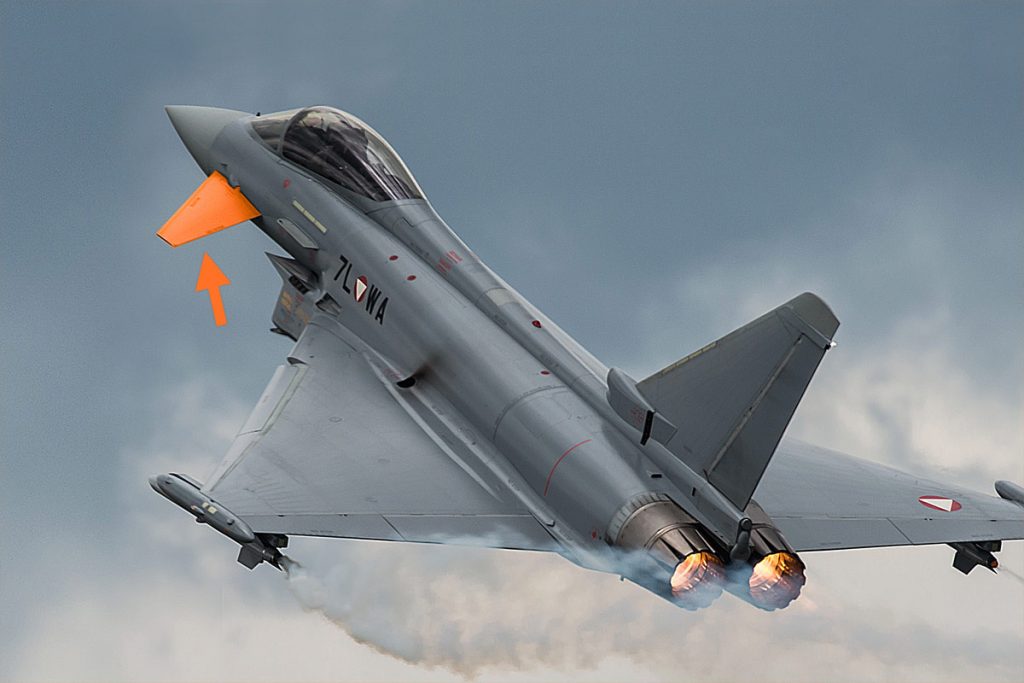Designed primarily for air-to-air combat, fighter aircraft are fixed-wing military aircraft. Establishing air superiority over the battlefield is the function of fighter aircraft in armed conflict.
Despite the fact that they are made for a variety of uses most aircraft share the same key parts. The initial design goals heavily influence the overall qualities. The majority of the aircraft are built with a fuselage, wings, empennage, landing gear, and a power source.
Nosecone
In order to encourage streamlining as the aircraft flies through the air, its construction is often aerodynamic. The nose portion of the majority of contemporary combat aircraft houses a potent radar system. Older combat planes had a cut-off nose that served as the engine’s intake in the fuselage. In contemporary airplanes, this is less contemporary.
Fuselage
The cockpit and or cabin which have seats for the passengers and the control of the airplane are part of the fuselage. The fuselage may further offer space for cargo and attachment places for the other primary airplane parts. An open truss structure is used by several airplanes. Metal or steel tubes are used to build the truss-style fuselage. Trusses are made by joining the tubes in a succession of triangle configurations to achieve strength and rigidity.
Also read: All Fighter Aircraft Of India – How To Identify Them
Empennage
The back of the aircraft is known as the empennage or tail. The stabilizers, rudder, and elevator are typically included among many other parts. It may be built around the exhaust nozzle in fighter jets, as in some three-engine aircraft.
Wings
The Primary lifting surfaces that sustain the aircraft in the flight are called wings, which are airfoils attached to each side of the fuselage. There are a variety of wing sizes, forms, and designs that are utilized by different manufacturers. Regarding the desired performance for the specific aero planes, each meets a certain purpose. The top, middle, or bottom of the fuselage can all accommodate the mounting of the wings.
Control Surfaces
To manage an aircraft because it moves in three dimensions, we require a variety of control mechanisms. Each of these dimensions has a control surface on the fix-wing craft. As a result of the lever idea, these are typically located at the extremes of the aircraft (the tail and wings) to provide the most strength and reaction with the fewest possible moving elements.
Vertical Stabilizers and Rudder
Vertical stabilizers operate on the same theory as wings. It serves as a primary control surface for aircraft (fix-wing aircraft). It obviously occupies a vertical location, typically in the aircraft’s tail. Vertical Stabilizers may come in different numbers (in large aircraft usually).
The rudder is a movable component of the vertical stabilizer. This performs the same function as an aileron in wings. Given that its movement corresponds to a change in the ‘wing’s’ angle of attack when it is moved to one side or the other, the stabilizers experience a different pressure.
Horizontal stabilizers and elevators
The primary control surface of an aircraft is known as a horizontal stabilizer. It performs the same function as a wing, adding a second point of lift along the fuselage to stabilize the aircraft. Its purpose is to manage the aircraft pitch rather than to increase lift (by modifying the angle of attack of the wing). This is made possible via the movable components known as Elevators, which function similarly to an aileron and are managed by the wheel’s longitudinal axis.
Ailerons
Moving surfaces known as ailerons are frequently located close to the tips of wings. The aileron serves the straightforward purpose of changing the angle of attack of that portion of the wing by moving upwards or downwards. Ailerons complement one another, so if one moves, the other one will move in the opposite direction. Ailerons regulate the aircraft’s roll or X-axis movement.
There are certain devices that allow for the modification of lift in addition to speed and pitch (angle of attack). These have an impact on the wing’s aerodynamics, particularly the boundary layer.
Flaps
Flaps increase the surface area or curve of the wing, producing more lift at the same speed. They frequently take part in low-speed activities, primarily landing and takeoffs. Flaps are represented in the picture above.
Also read: Top 5 Fighter Jets Of Indian Air Force
Airbrake
Airbrakes, sometimes known as speed brakes, are a type of flight control surface that is applied to an aircraft to increase drag. In contrast to a spoiler which decreases the lift-to-drag ratio and requires a higher angle of attack to maintain lift, air brakes are designed to increase drag while making little changes to lift. This results in higher stall speed.
Canards
A canard is an aeronautical term for a wing configuration of a fixed-wing aircraft or a weapon that places a small forewing or fore plane in front of the main wing. The word “canard” can refer to the foreplane, the wings themselves, or the aircraft. Additionally, canard wings are often used in guided missiles and smart bombs. The main function of canards is to enhance the airstream through the airfoil and decrease the main wing loading to have better control of the aircraft or to increase the aircraft’s maneuverability. They are also used to achieve lift, flight control, and stability.
Follow SSBCrackExams for more such articles.
To crack the SSB Interview, You can join our SSB interview live classes batch and we recommend you to Enroll SSB INTERVIEW ONLINE COURSE. Trusted by thousands of defence aspirants.
Also read:
